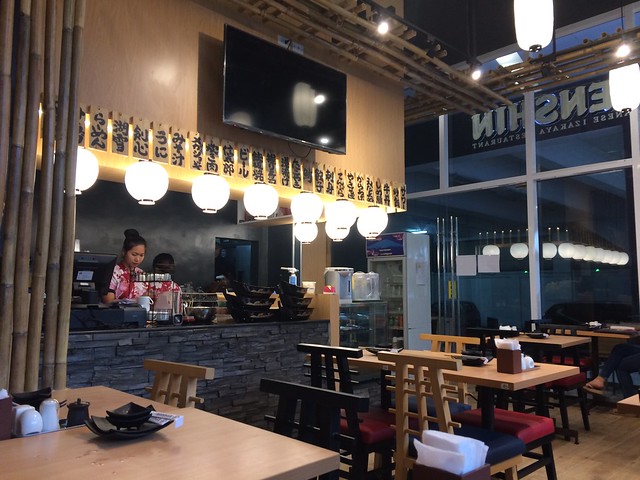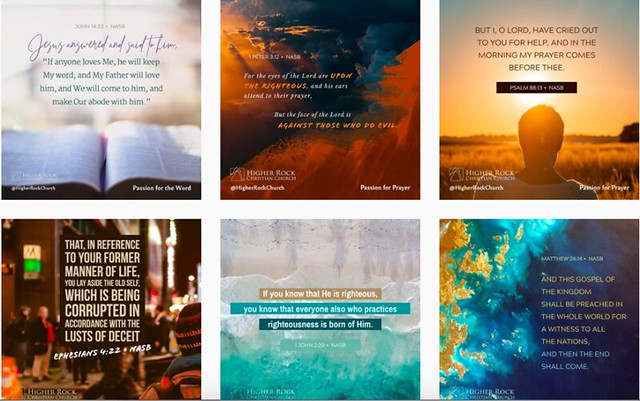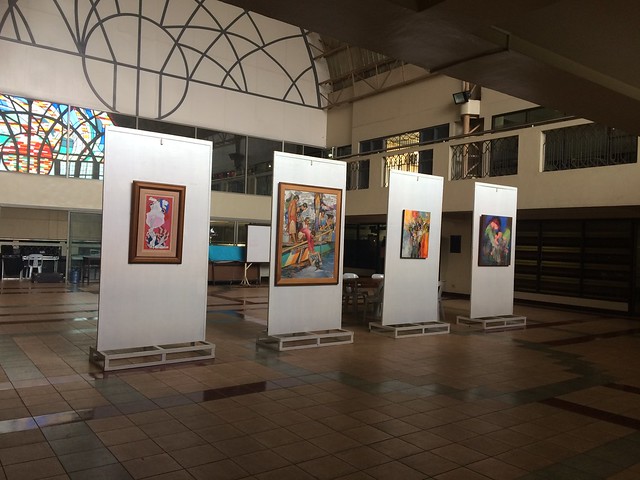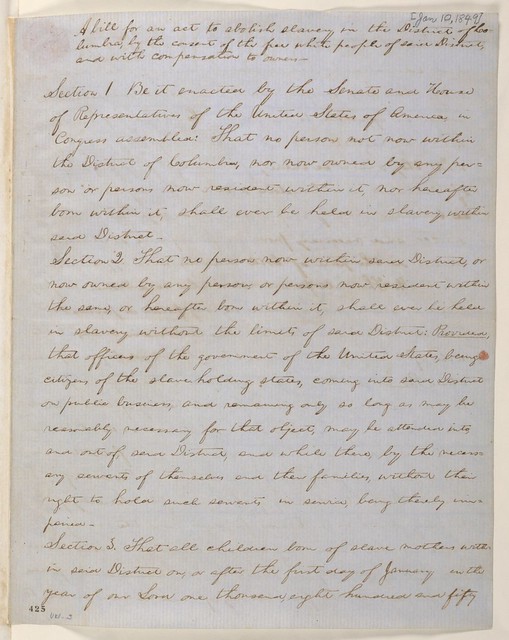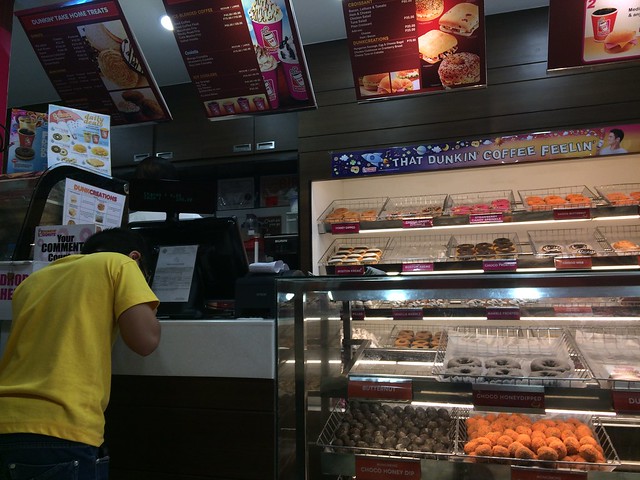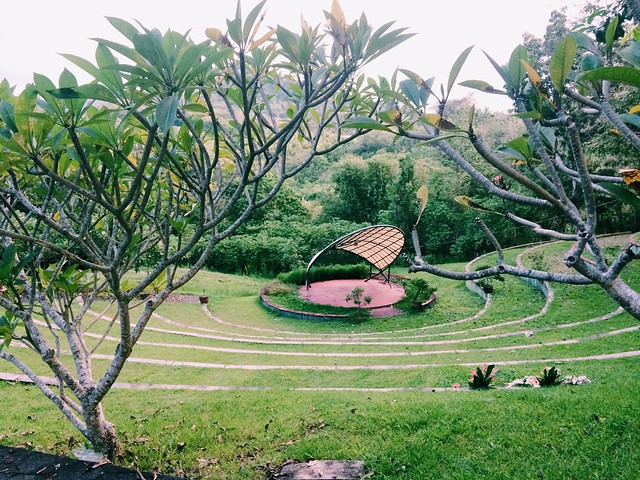
A close friend tweeted about his friends who suffer: a brain tumor, a heart condition, an aggressive blood problem. It was a series of tweets about the bittersweet pilgrimage that we find ourselves in. My friend Paul went on to write, "Mortality is sobering. The nature of our stay here on Earth impresses insignificance." But the narrative of his reality brought him to Scripture—where else, after all, could we turn to? He alluded to the two thousand-year old letters of the apostle Paul—one of the most prolific biblical writers who shared the same name—who said that the hope of Christians is Christ Himself.
This series of tweets resonated with someone like me who cares for patients with cancer. What my friend Paul wrote about felt personal; my family and I have experienced a great degree of suffering this year. I also know many who suffer—someone at the ICU, someone recently diagnosed with breast cancer, someone with some form of disease, terminal or otherwise.
Christian theology does not shy away from suffering. We are called to suffer for Christ, but we are also called to rejoice, whatever our afflictions may be. The Bible is clear in the certainty of persecution and suffering once Christ has called one His own.
This morning, I remember my family, my friends, my patients. I pray that Christ's comfort be upon them, and that, if they do not yet know of this comfort, I pray, too that they may find Christ. He is the balm to all wounds, the spring water to all thirst. I still often ask how God could allow suffering even to seemingly good people. Christian theology has an answer to that, a fact that needs humility to be understood: the sovereignty of an infinitely good and holy God. He does what He pleases. His ways are not our ways. He is good and does good. He transforms us into Christ-likeness.
I remember visiting the dying wife of a pastor in her hospital room. I did not know her personally, but I knew she invested her life on heavenly things when she was healthy. I introduced myself and asked when she was going be to discharged. She said, in recurrent bouts of pain brought about by bone metastases, that her home was in heaven, and she was looking forward to eternity. I learned two days later that she had, in fact, gone home.
I remember my father, too, who, after the diagnosis of gastroesophageal cancer, told me just months ago, "Why do you look so sad? Didn't the Bible say, 'Count it all joy?'" Tatay was quoting
James 1:2, smiling. He would be turning 66 this October.
What hope they had! What certainty!
Beneath the laughter, the sunny disposition, is an on-going personal and daily struggle to make sense of death and dying. I find so much encouragement in F.B. Meyer's prayer, "I pray for my companions in life’s pilgrimage, for the feeble and the ready-to-halt, for the despondent and the oppressed, for the poor and sick and forlorn. May their valleys of weeping become filled with springs of joy." To that, I say amen.
Labels: faith

